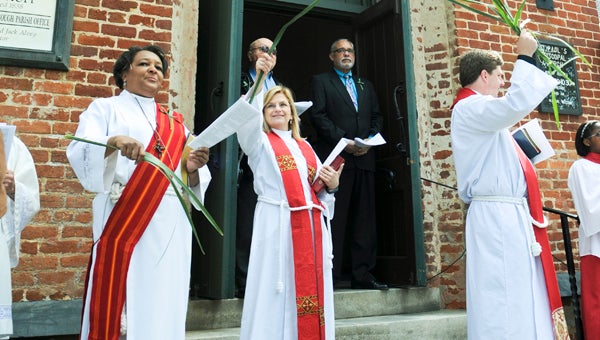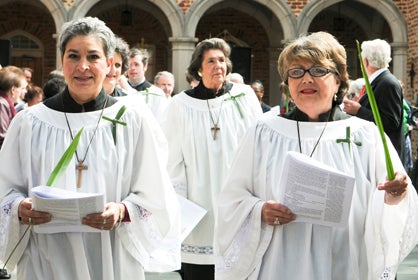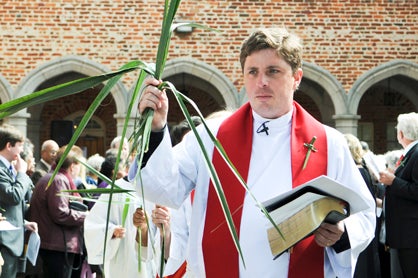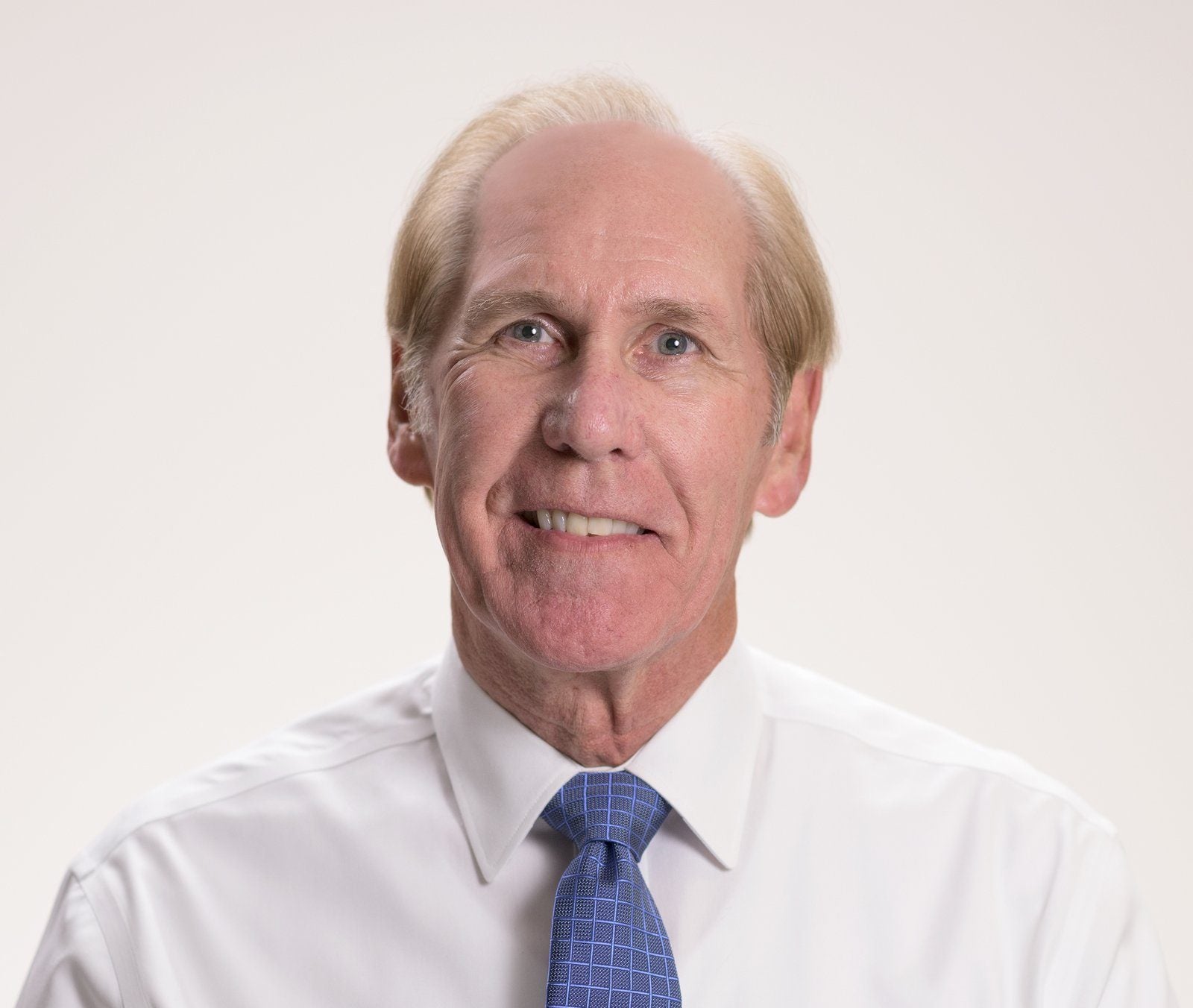St. Paul’s marks 50 years since integration
Published 10:43 pm Tuesday, March 31, 2015

St. Mark’s deacon Carolyn Foster, St. Mark’s rector Jayne Pool and St. Paul’s rector Jack Alvey (also below) are shown outside St. Paul’s on Palm Sunday.
One week after Bloody Sunday in 1965, a group of peaceful protestors who had heeded Dr. Martin Luther King Jr.’s call to come to Selma tried to enter St. Paul’s Episcopal Church for Sunday morning worship.
“These demonstrators didn’t carry signs. They didn’t chant catchy phrases. Instead, they came armed with the Episcopal Church’s Book of Common Prayer,” said St. Paul rector Jack Alvey.
A group of ushers denied them entry, prompting about 25 St. Paul’s members to walk out of the church. They joined the group of 19 on the church’s steps and said together a prayer called the General Confession.
“Almighty and most merciful Father; We have erred and strayed from thy ways like lost sheep,” the prayer begins.
The group parted ways after the brief confession but the tidal wave of social change was sweeping through Selma. The aftermath of several highly charged meetings was the decision to abide by church canon to welcome all Episcopalians, which resulted in a March 28 integrated service.
The 50th anniversary of that event was honored on Palm Sunday with a service of reconciliation. Members from St. Mark’s Birmingham, a mostly black Episcopal parish, as well as Brown Chapel AME and other churches joined St. Paul’s for the special service.

St. Paul’s choir members Manera Searcy and Nancy Travis process into the church Sunday. For more photos from the service, see Selma Times-Journal on Facebook.
Clergy and members from both parishes served as ushers, Eucharistic ministers and participated in the annual Palm Sunday reading of the Passion story.
“A part of me wondered how digging up history that is 50 years old would help healing and reconciliation,” Alvey said during his sermon.
“But every time I hesitated, every time I tried to justify why today didn’t need to happen, God kept on telling me not to be afraid as God said to so many in scripture. God kept on reminding me — you are not defined by what you have done or left undone; you are defined by Jesus Christ — the one who has already done it all for us.”
The Rev. Carolyn Foster, a deacon at St. Mark’s, is also on the Episcopal Diocese of Alabama’s Commission on Race Relations. She said it’s healthy for the church to have these types of conversations on race today.
“Obviously, the Holy Spirit was present, and I am so excited about this whole process. Especially with everything happening in the world today, to have God’s children come together like this is a really powerful moment for me,” Foster said. “Working toward truth and reconciliation in a public way and open way is healing for all of us, and I’m very moved by it.”
Selma attorney Bill Gamble’s parents, Harry and Kate Gamble, were two of the St. Paul’s parishioners to walk out when fellow Episcopalians were denied worship. He said his parents would be proud of the spirit of Sunday’s service.
“It was uplifting for everyone. This was a service of reconciliation and also of joy, and I couldn’t have been more thrilled,” Gamble said. “They would be so happy. They would just be joyous. This was what they hoped for. It really was.”





